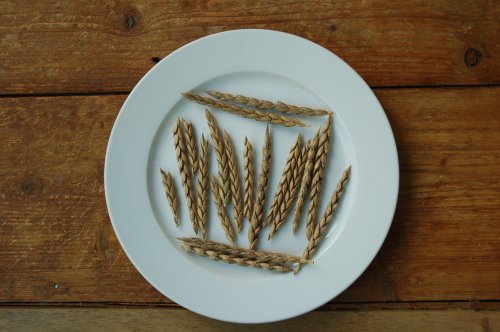A recent study in Italy discovered a link between aspartame and cancer. Aspartame is the artificial sweetener used in soft drinks and over 5000 other products in the US. The US Food and Drug Administration (FDA) is not concerned, and says there is no reason to review the safety of this product.
This is kind of interesting, because in 1995 a document containing data from the FDA, which was released after some considerable effort and a Freedom of Information Act request, shows the FDA is aware of 92 symptoms associated with aspartame, including cancer, neurological problems, even death! It’s worth having a look at some of the other links on this same site on the subject too. One of the reasons for all of these symptoms is aspartame breaks down in your body into several different chemicals including formaldehyde, a known neurological poison and carcinogen.
One of the things many people don’t know about aspartame is it causes weight gain. It does this because it makes you crave carbohydrates.
Aspartame can aggravate medical problems associated with diabetes.
Aspartame is one of several controversial products that does not itself contain modified DNA, but is made with the assistance of micro-organisms that do. This technique is used in a number of products including rennet used to make hard cheese, as well as a number of pharmaceutical products and food supplements. This is how Unilever’s famous fish ice cream anti-freeze is made. This technique was apparently behind the manufacture of the now restricted food supplement L-tryptophan, which was the source of a very serious poisoning epidemic in the US in 1989 involving at least 707 people in 48 states.
Monsanto, the well known GM seed company, holds the patent for aspartame.
Because aspartame is not itself a GM product, rather only made with the assistance of GM organisms, it does not have to be labeled nor is it’s sale restricted in Europe.
The approval of aspartame in the US was surrounded in controversy. Donald Rumsfeld (of all people) was first the CEO at Searle laboratories, where aspartame was developed, and then on Ronald Reagan’s transition team after he won the presidential election. Rumsfeld appointed a new head of the FDA, who then quickly lead the way for the approval of aspartame.
The economics behind aspartame are pretty obvious. While there are clearly some initial development costs and production facilities need to be built, there should be virtually no ongoing costs because it is simply a matter of letting the GM micro-organisms do the work. Considering the volume of aspartame sold worldwide, this should bring the cost down to almost nothing.
While sugar doesn’t cost very much, when considering that sugar beets or cane (or corn for the high fructose corn syrup used in the US) need to be grown, processed and transported, it’s easy to see that aspartame should cost far less. When you consider for example how many cans of soft drinks are sold worldwide, it’s pretty easy to see why there would be a lot more money in selling drinks made with aspartame rather than sugar.
To me this situation looks a lot like Big Tobacco from a few years ago. Massive profit margins meant unending advertising campaigns and paid spin doctors telling us there was no proof tobacco was addicting or breathing other people’s smoke was unhealthy. They would tell us things like, of course tobacco is unhealthy, we’ve known it for decades, that’s what it says on the package, but smokers have the right to smoke anywhere and everywhere at anytime, because they have rights too. Remember those years? Now of course we all have a different view of the situation. Many people now have serious health problems because the tobacco companies were able to drag their feet for so long, and the politicians were only too happy to go along.
Something very similar is going on with aspartame. When challenged on the issue company spokesmen will tell us of course some people have allergies to it, but there is no proof of anything more serious than that. They tell us there are many conspiracy theories on the Internet! In the recent discussion on sugary drinks being sold in schools where they might be temping to children, the soft drink industry was very quick to suggest aspartame as a healthier alternative to sugar.
If there was any ingredient for all of us to avoid in processed foods, this could very well be the most important!


